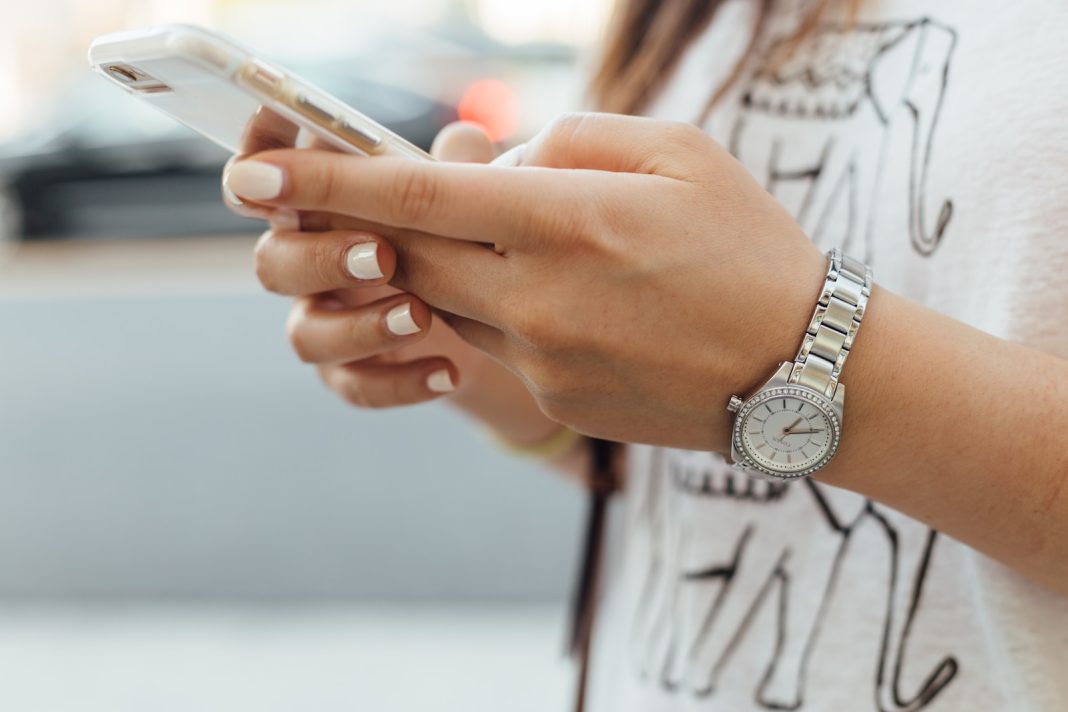In an era where privacy concerns loom large, a shocking revelation has emerged: governments are tapping into your smartphone not through GPS or wiretapping, but rather through an unexpected gateway—your push notifications. This alarming intrusion into personal data was brought to light by Oregon Senator Ron Wyden, who recently penned a letter to the Department of Justice (DOJ), urging transparency from tech giants Apple and Google regarding government requests for user smartphone usage.
The revelation stems from a tip received by Wyden’s office in the spring of 2022, asserting that foreign governments were pressuring Apple and Google to surrender push notification records. Upon investigation, both tech giants confirmed that they were bound by federal restrictions preventing them from divulging information about such practices, raising concerns about the extent of government surveillance.
Push notifications, commonly regarded as innocuous alerts from apps, are not as direct as they may seem. Instead of a direct path from the app to the user’s device, these notifications traverse servers operated by Apple (via the Apple Push Notification Service) or Google (through Firebase Cloud Messaging). The implications of this infrastructure become evident as governments can exploit these servers to access metadata and user details associated with each notification.
For instance, if language-learning app Duolingo attempts to send a notification to “Jake’s iPhone 14 Pro” at a specific time, a government seeking push notification data could potentially intercept this information, posing a serious threat to user privacy.
The data transmitted via push notifications is substantial, containing metadata about the app, as well as specifics about the receiving device and user account. While encrypted messaging services offer a shield against third-party intrusion into the content of messages, unencrypted notifications, such as traditional SMS or Instagram DMs, become vulnerable to government surveillance. This raises concerns about the privacy of communications conducted through less secure channels.
Wired reports that government agencies must acquire a user’s push notification “token” from an app developer before accessing this data. Apps assign tokens to users, linking them to push notifications. Armed with these tokens, government entities can then approach Apple or Google to obtain information associated with the corresponding user account. Notably, this practice has been observed in the United States, with the FBI requesting push notification data related to Meta accounts in a 2021 case.
Senator Wyden, cognizant of the gravity of this issue, is urging the DOJ to permit Apple and Google to be more transparent about these requests, advocating for increased awareness among the public. While Apple claims that the letter empowers them to be more forthcoming about the practice, the extent of this newfound transparency remains uncertain.
In light of this unsettling revelation, users may be wondering how to safeguard their data from push notification surveillance. While the details surrounding the practice are still unclear, taking proactive measures is advisable.
For those inclined towards extreme privacy measures, disabling push notifications for all apps may be a prudent step. This approach aligns with the philosophy of minimizing the data accessible to governments, especially when considering that a significant portion of notifications may be inconsequential. However, such a move comes with its own set of challenges, as disabling notifications for essential apps may lead to missed messages, appointments, or group chat updates.
The delicate balance between privacy and convenience persists, even in the face of this new threat. Individuals must weigh the potential risks against the benefits of push notifications, with some advocating for the larger solution to come from legislative changes. Ideally, users should not be compelled to sacrifice convenience for privacy, and governments should face stringent limitations on their ability to access such sensitive information.
As the public grapples with the implications of this revelation, the hope is that Senator Wyden’s efforts will stimulate meaningful change in Washington, curbing unwarranted government intrusions and safeguarding the privacy of smartphone users worldwide. The evolving landscape of digital privacy demands vigilance and collective action to protect individual rights in an increasingly interconnected world.


